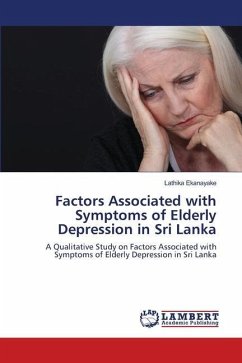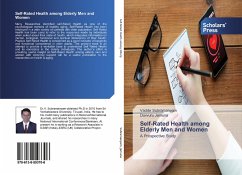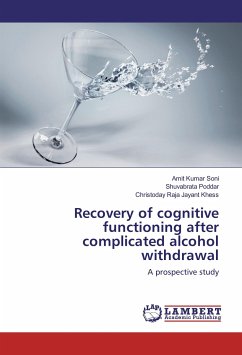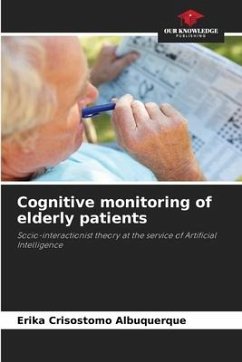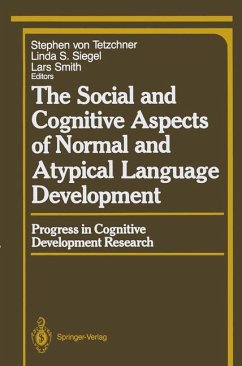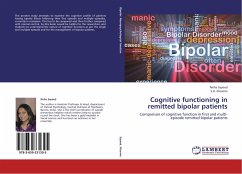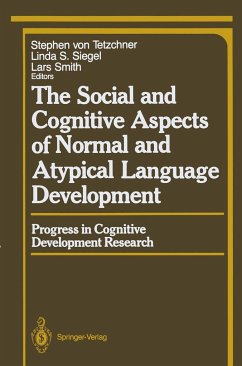
Vascular risk factors and cognitive functioning in normal elderly
Versandkostenfrei!
Versandfertig in 6-10 Tagen
30,99 €
inkl. MwSt.

PAYBACK Punkte
15 °P sammeln!
Recent research has suggested that vascular disease risk factors (VDRF) may contribute to cognitive impairment. The aim of this study was to determine the relative contribution of VDRF to cognitive functioning and activities of daily living in a community-dwelling cohort of individuals aged 75-90. Participants were questioned about cigarette smoking and alcohol consumption, and a neurologist gathered information about prior diagnosis of vascular risk factors (i.e., hypertension, hypercholesterolemia, diabetes mellitus, arrhythmia, coronary artery disease, congestive heart failure, transient is...
Recent research has suggested that vascular disease risk factors (VDRF) may contribute to cognitive impairment. The aim of this study was to determine the relative contribution of VDRF to cognitive functioning and activities of daily living in a community-dwelling cohort of individuals aged 75-90. Participants were questioned about cigarette smoking and alcohol consumption, and a neurologist gathered information about prior diagnosis of vascular risk factors (i.e., hypertension, hypercholesterolemia, diabetes mellitus, arrhythmia, coronary artery disease, congestive heart failure, transient ischemic attack, and stroke). Volunteers also completed a one-hour neuropsychological test battery and questionnaires about levels of pain, symptoms of depression, and ability to perform activities of daily living. Results showed that in this sample of relatively healthy elderly individuals, vascular risk factor burden did not reliably contribute to cognitive functioning or ability to perform activities of daily living.




